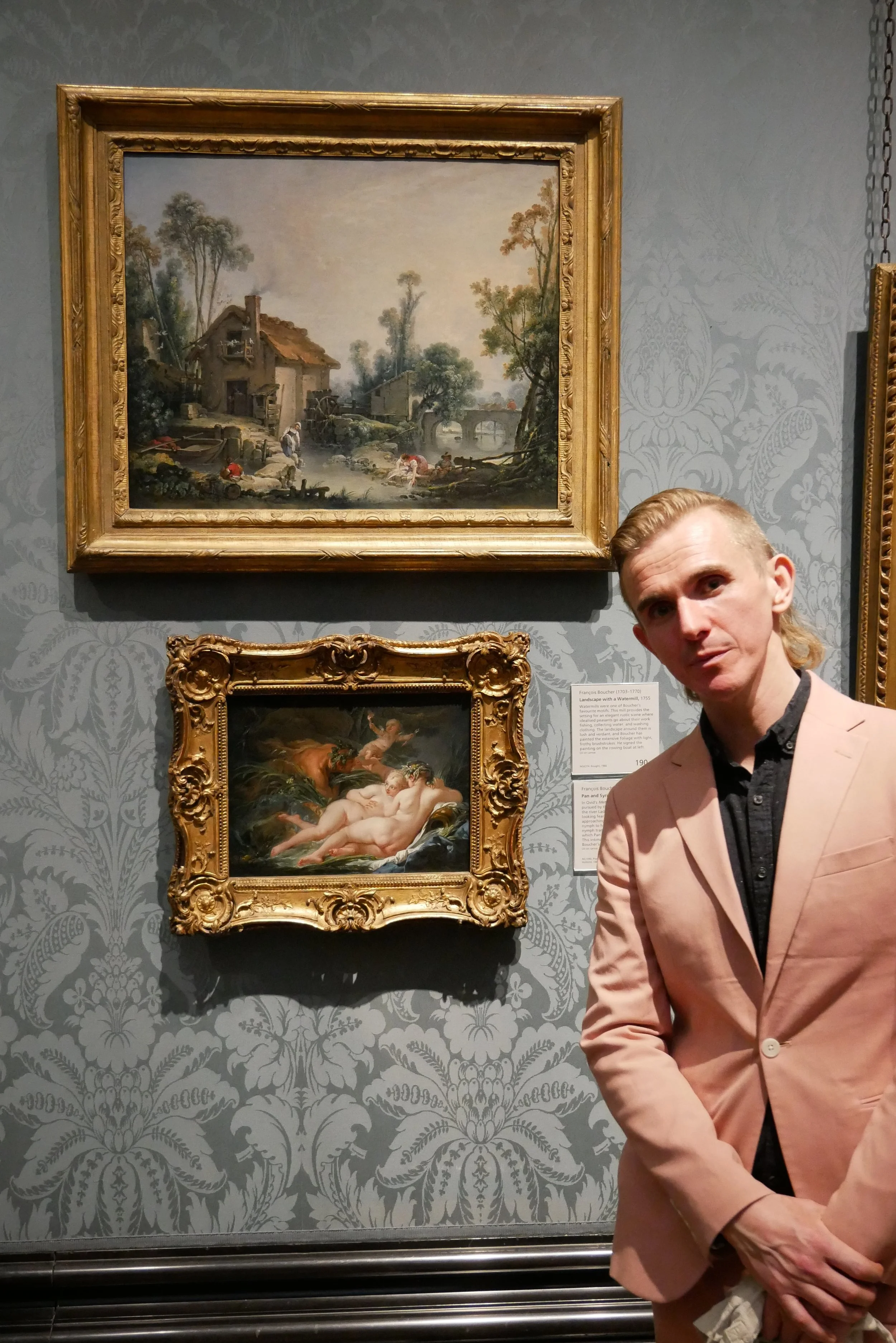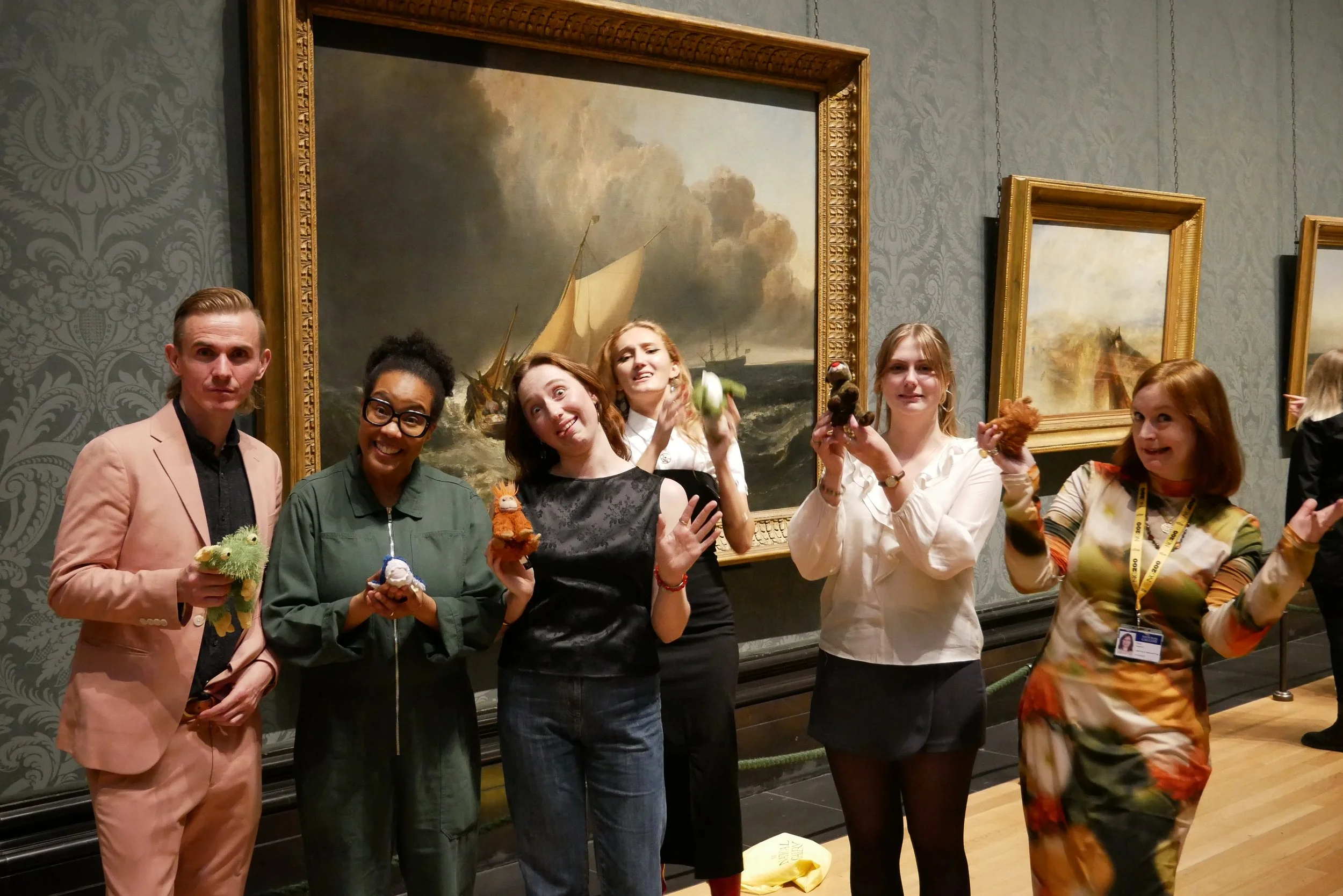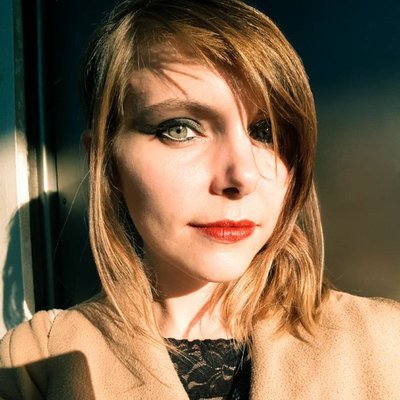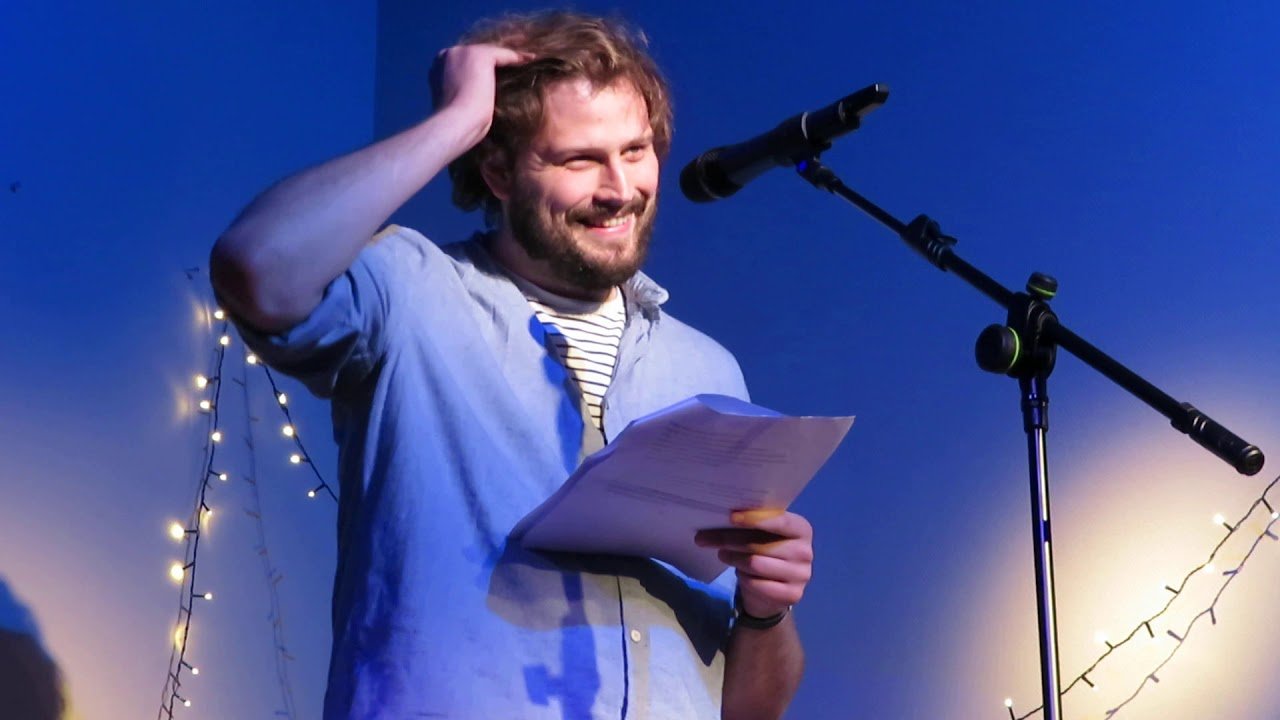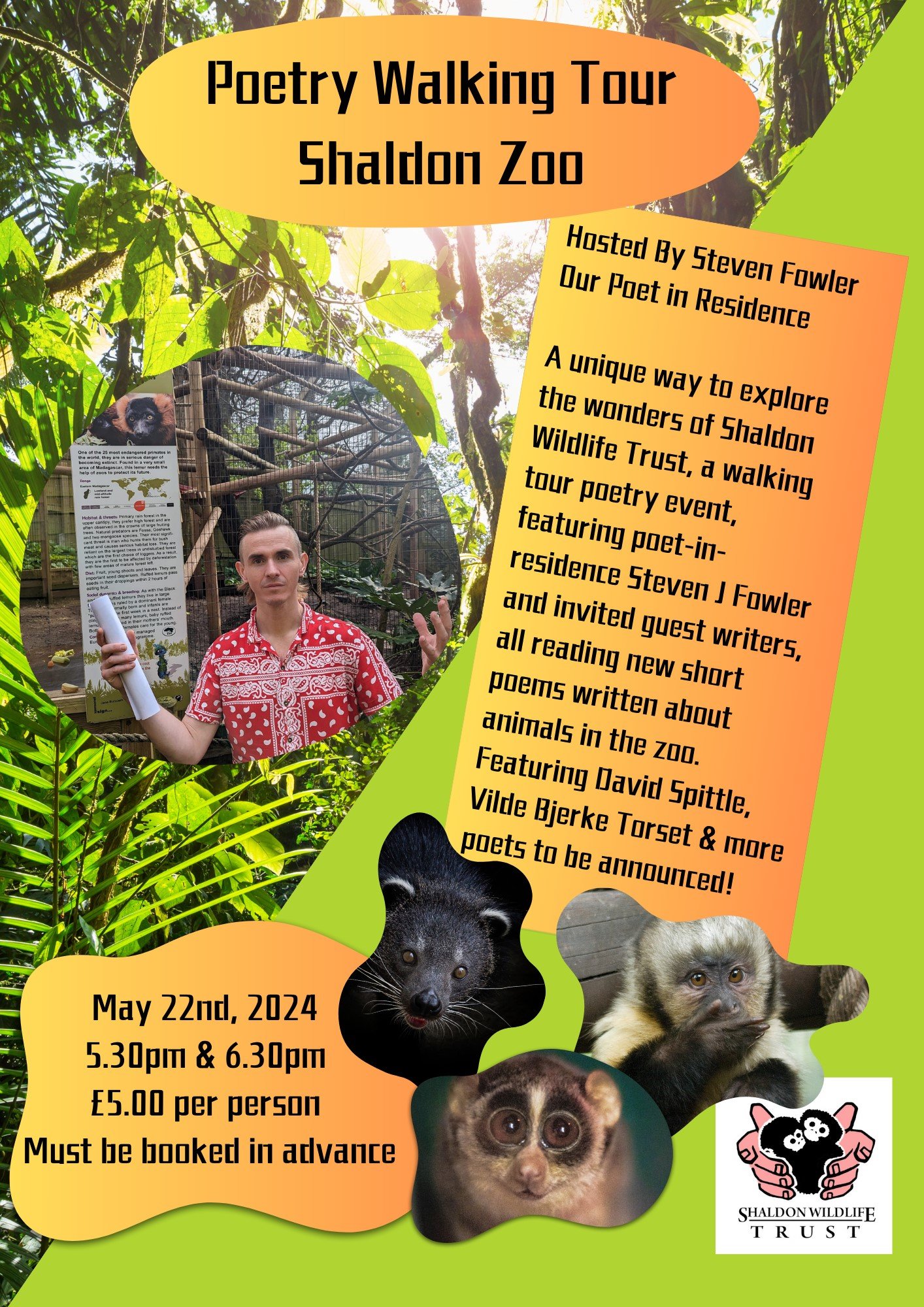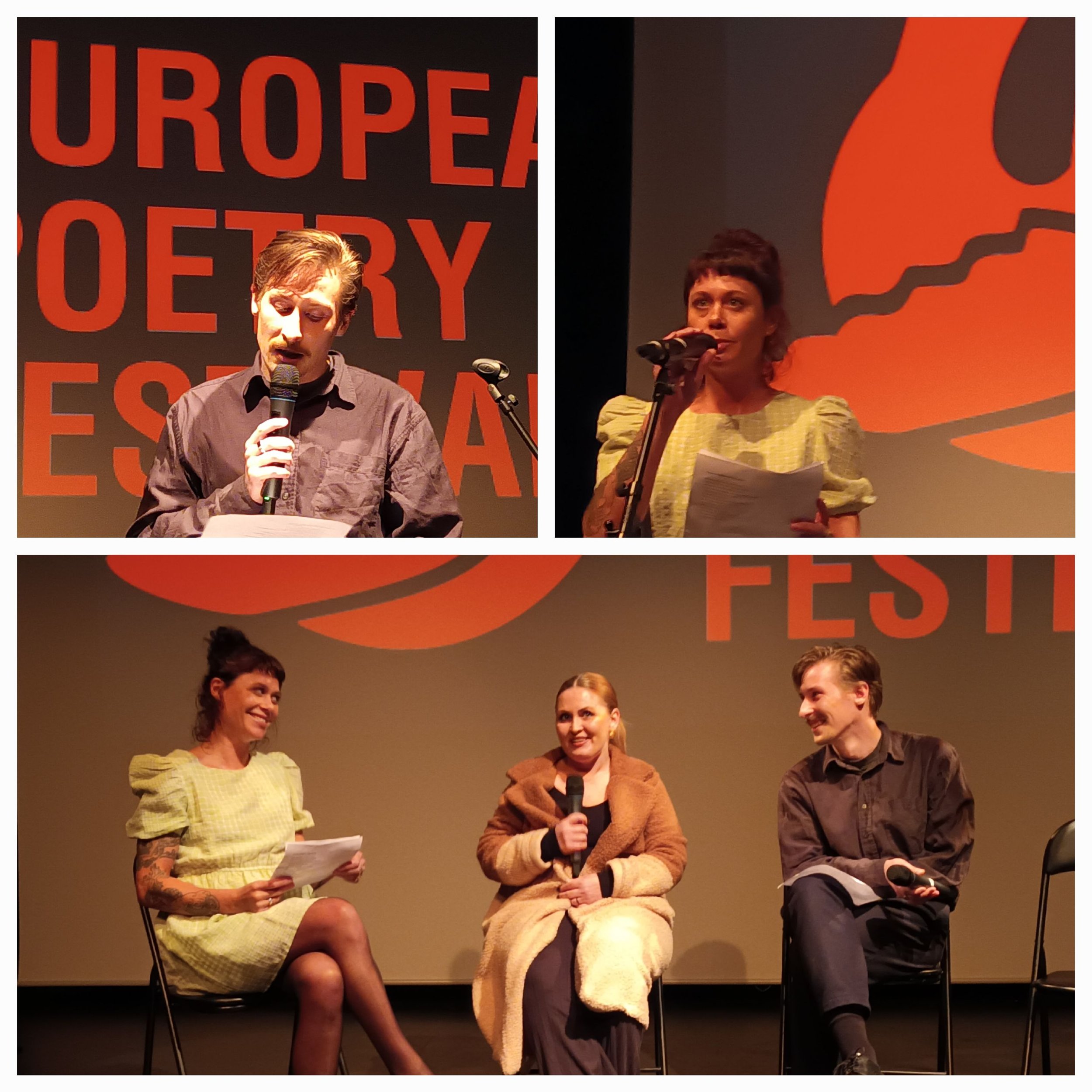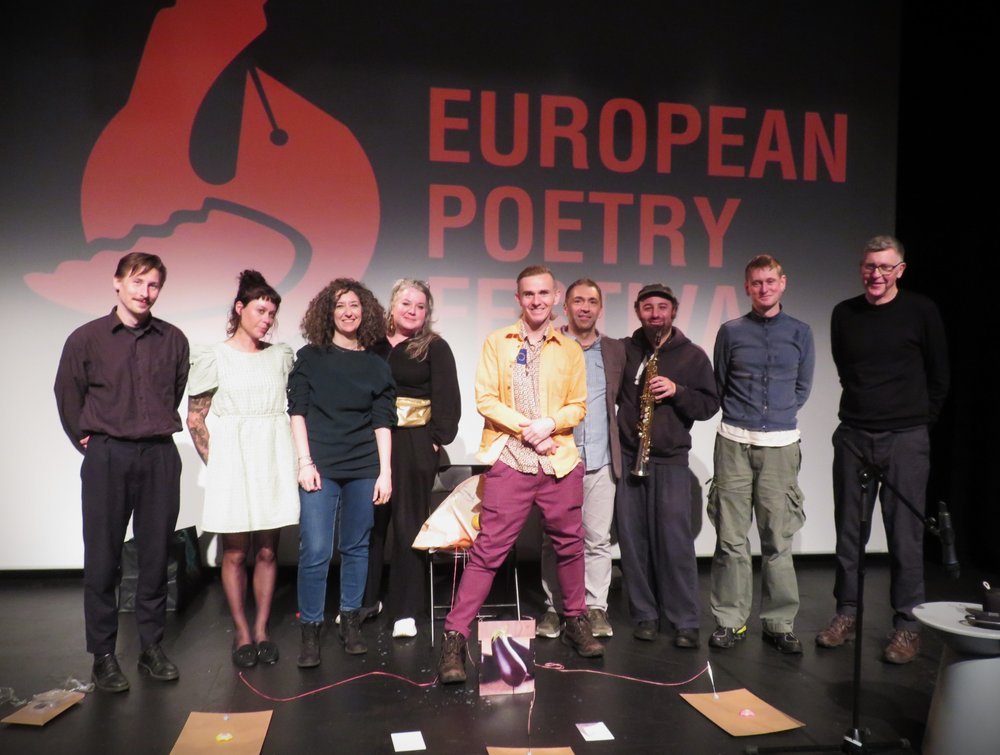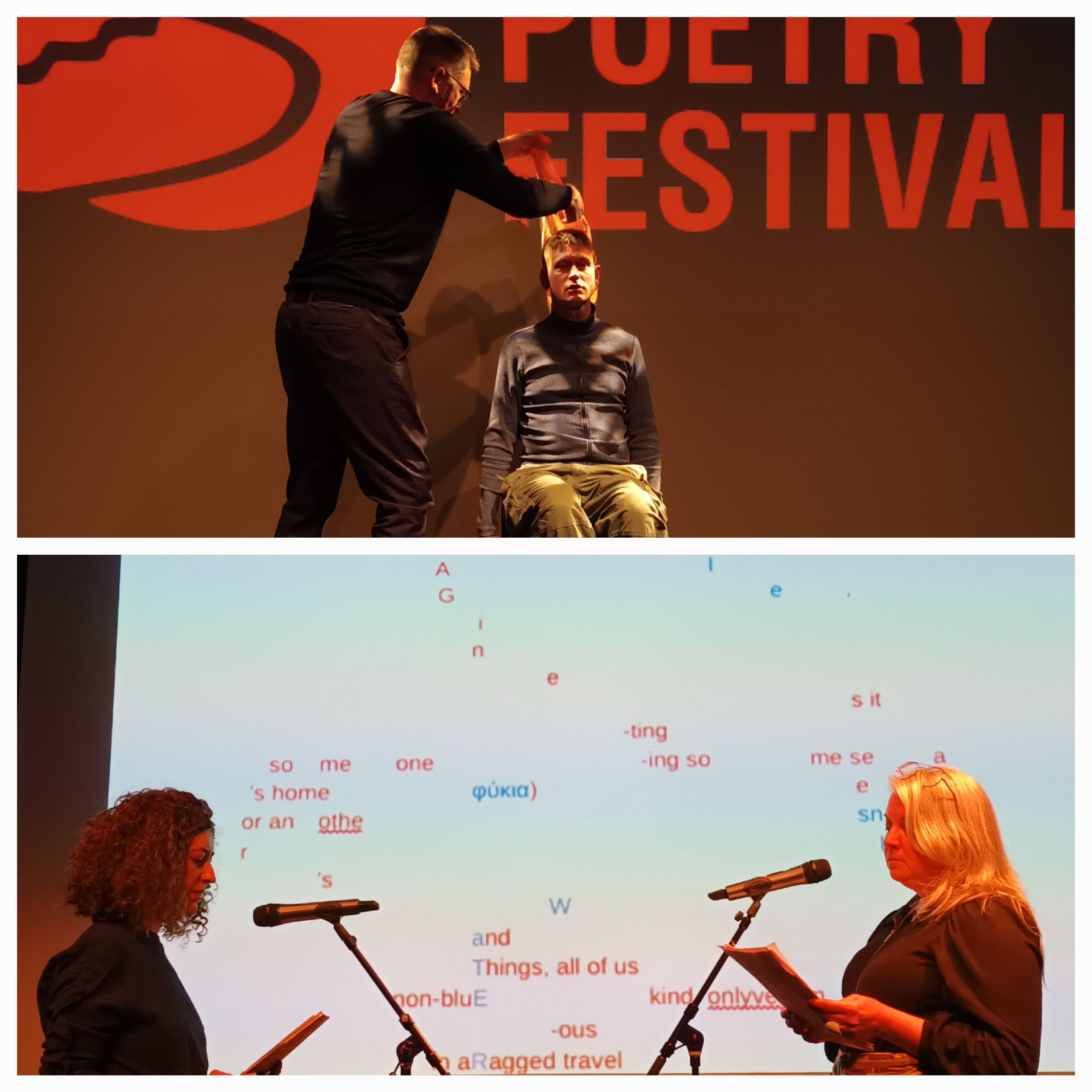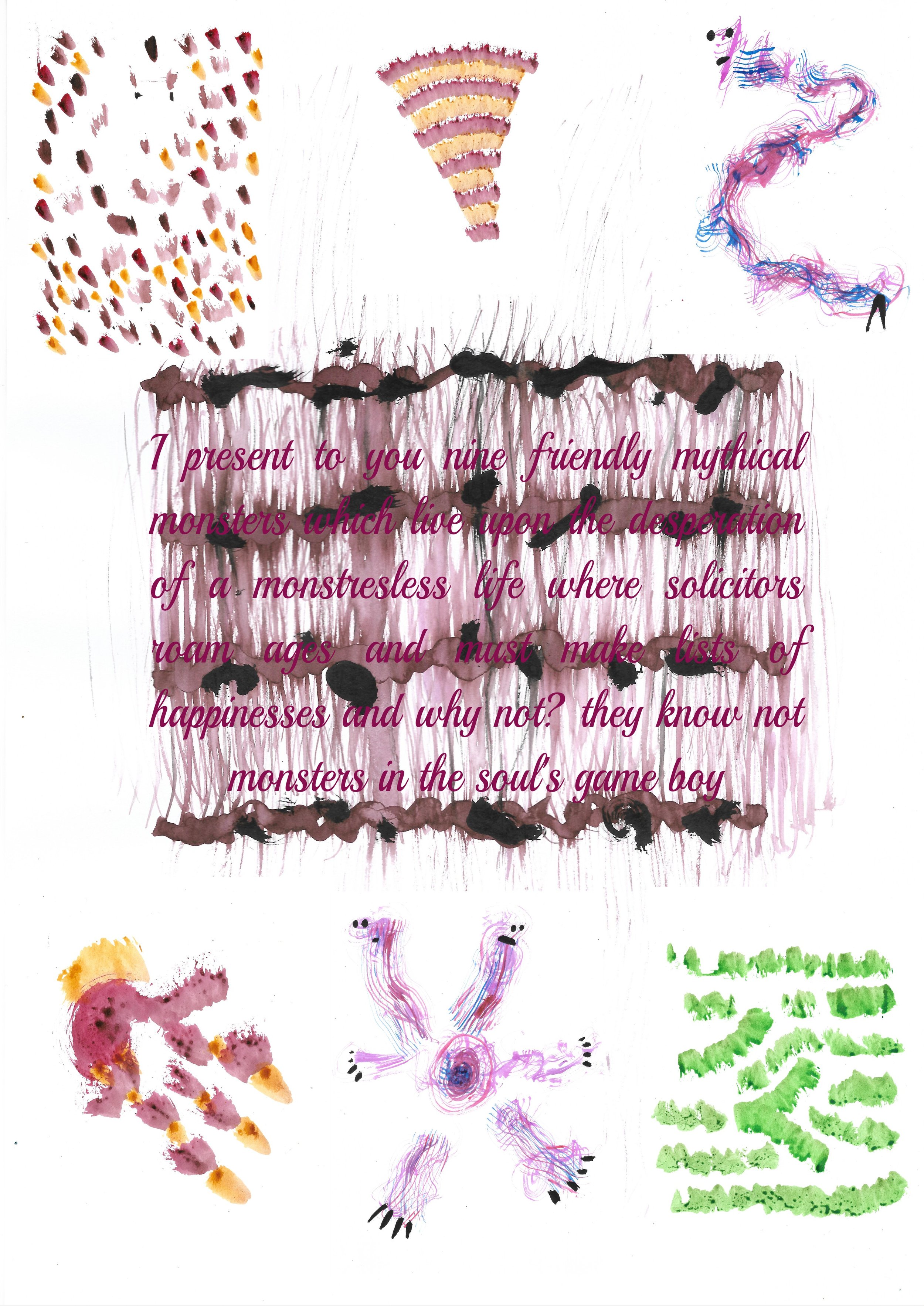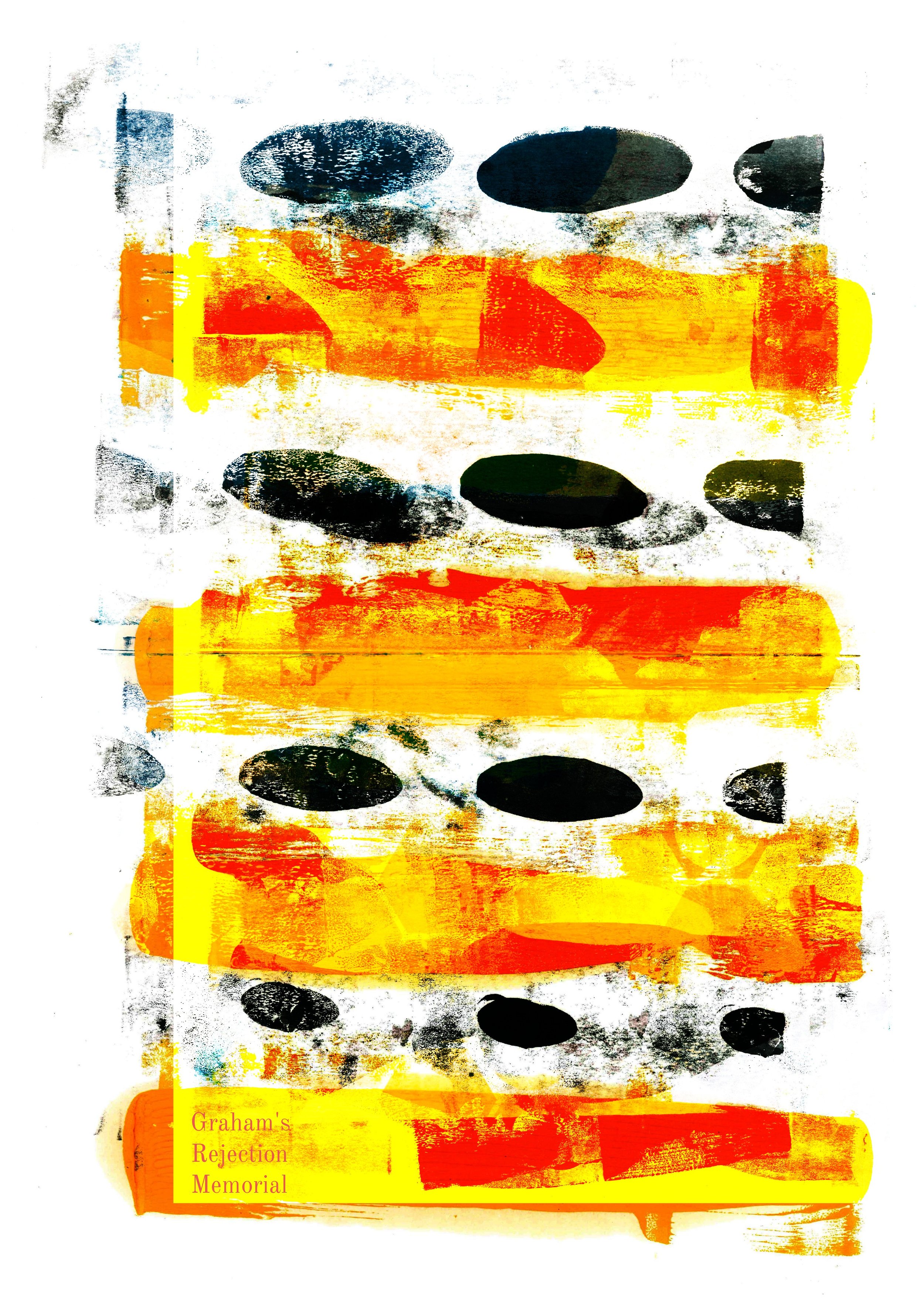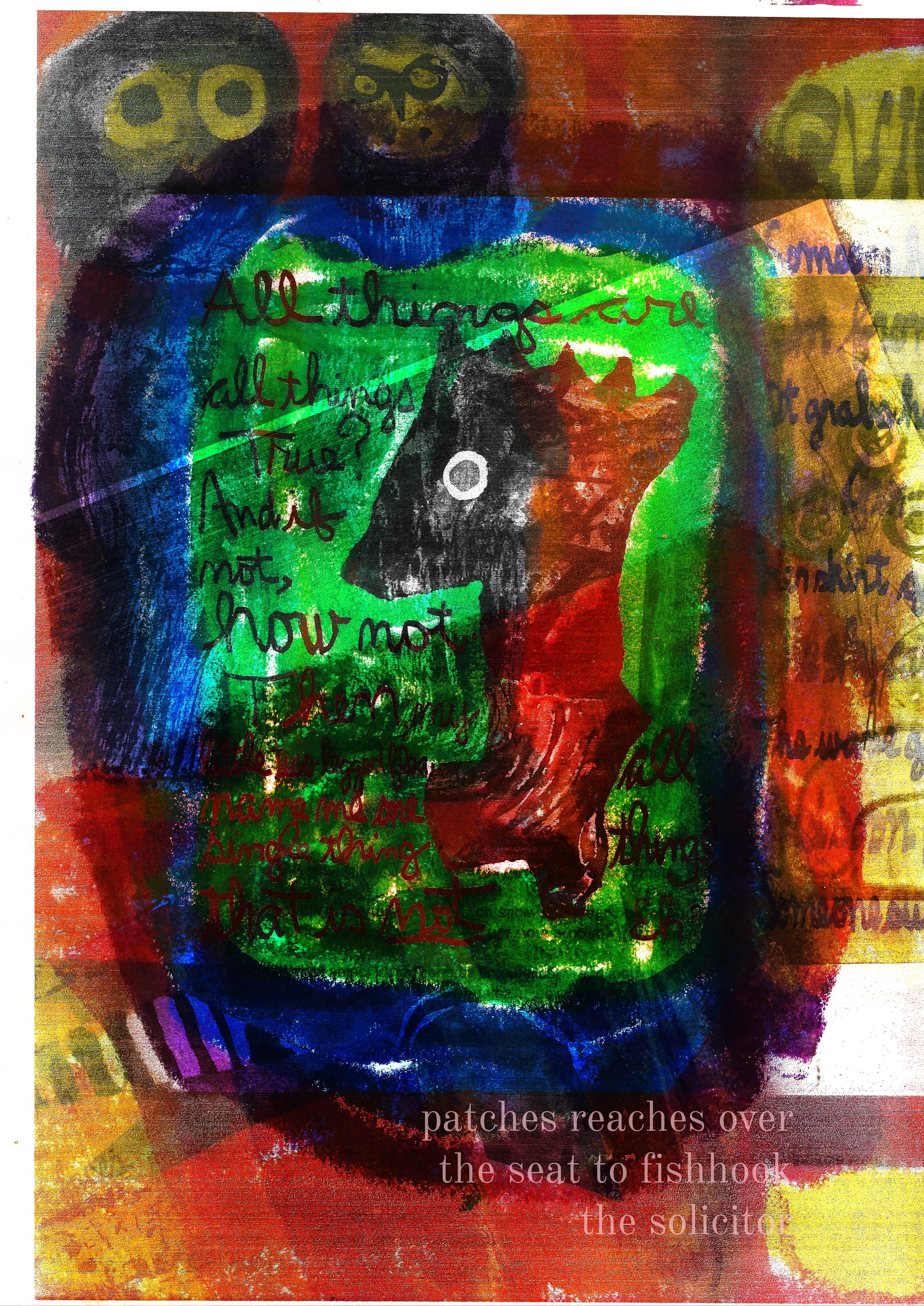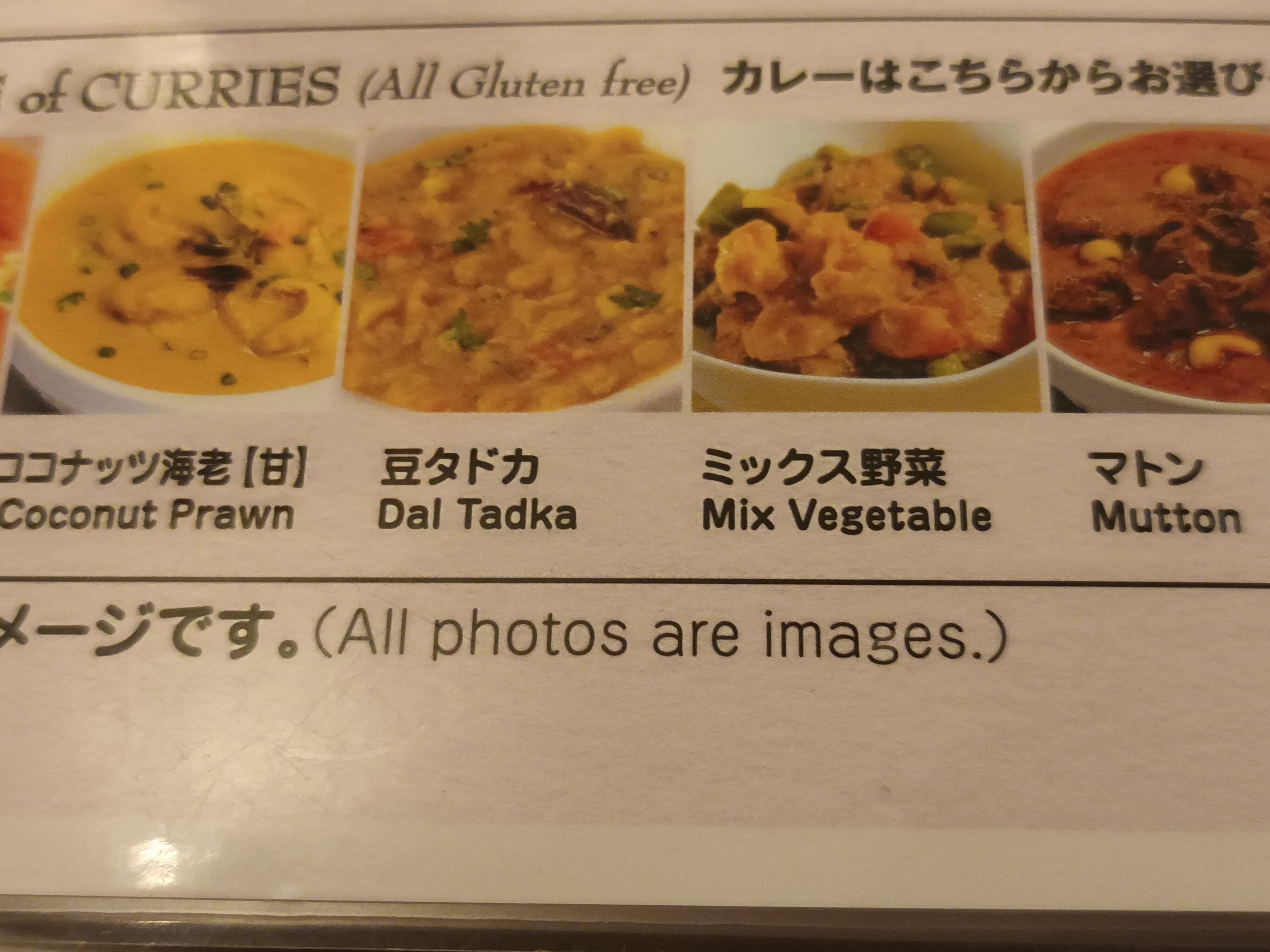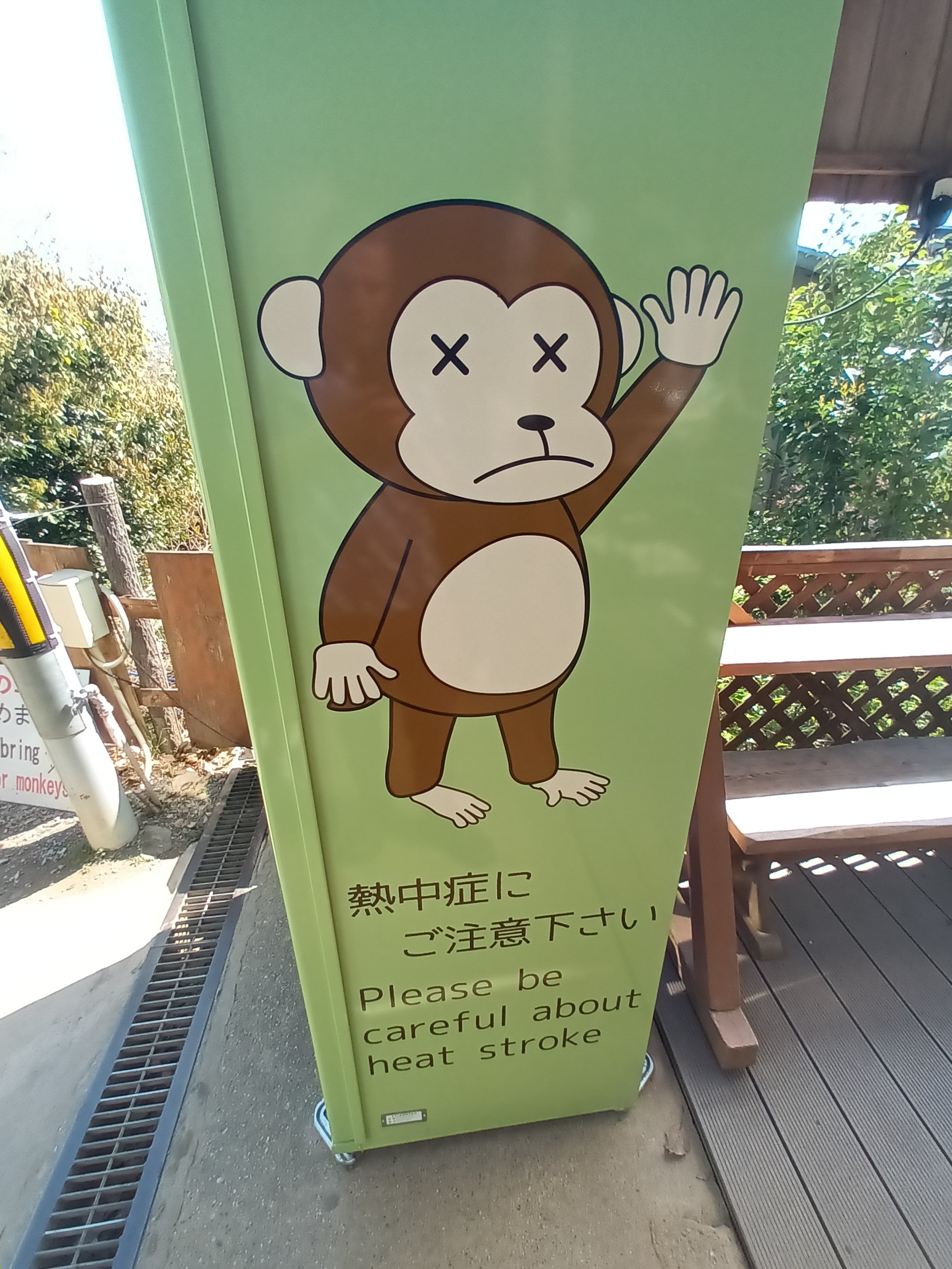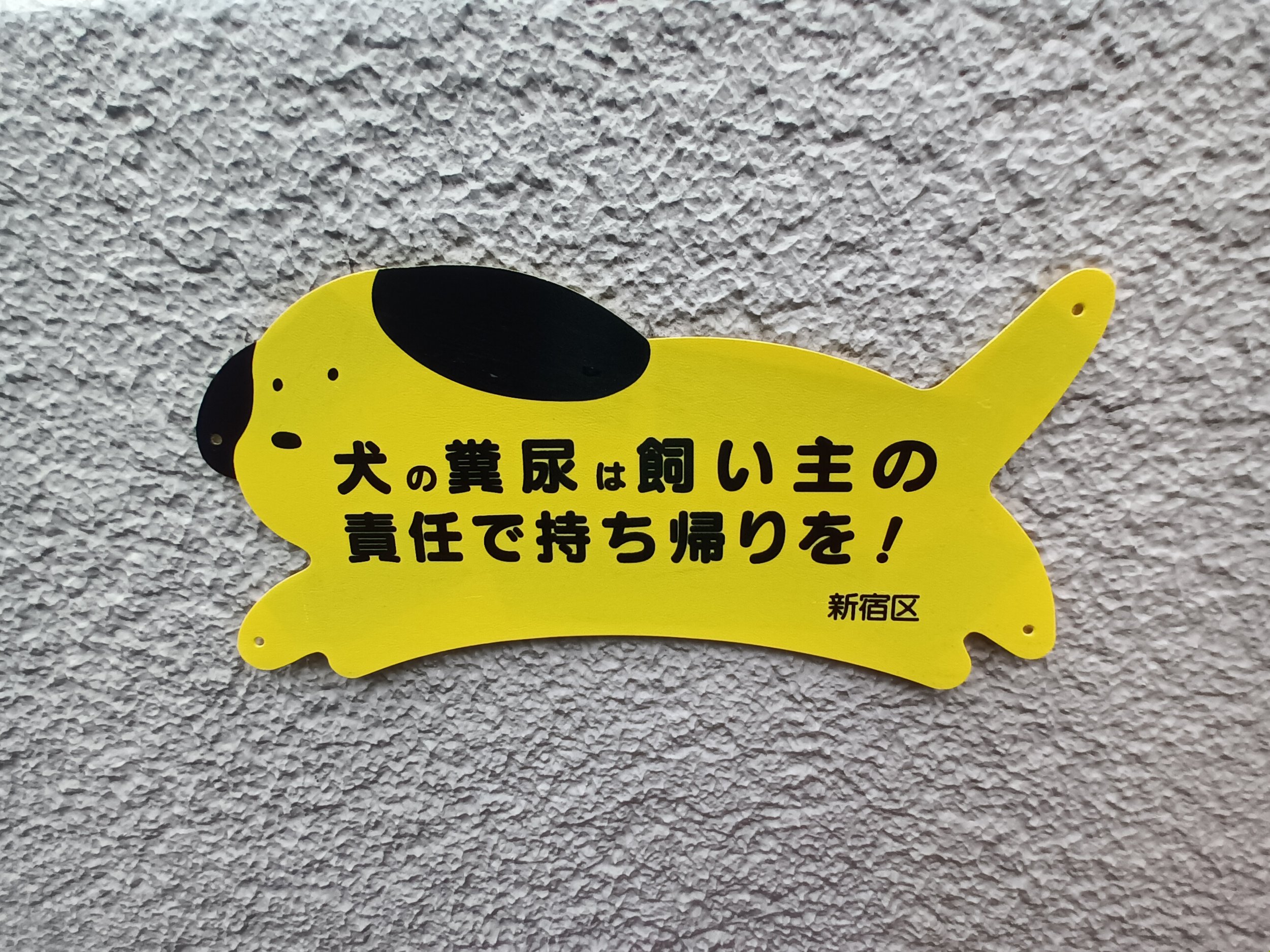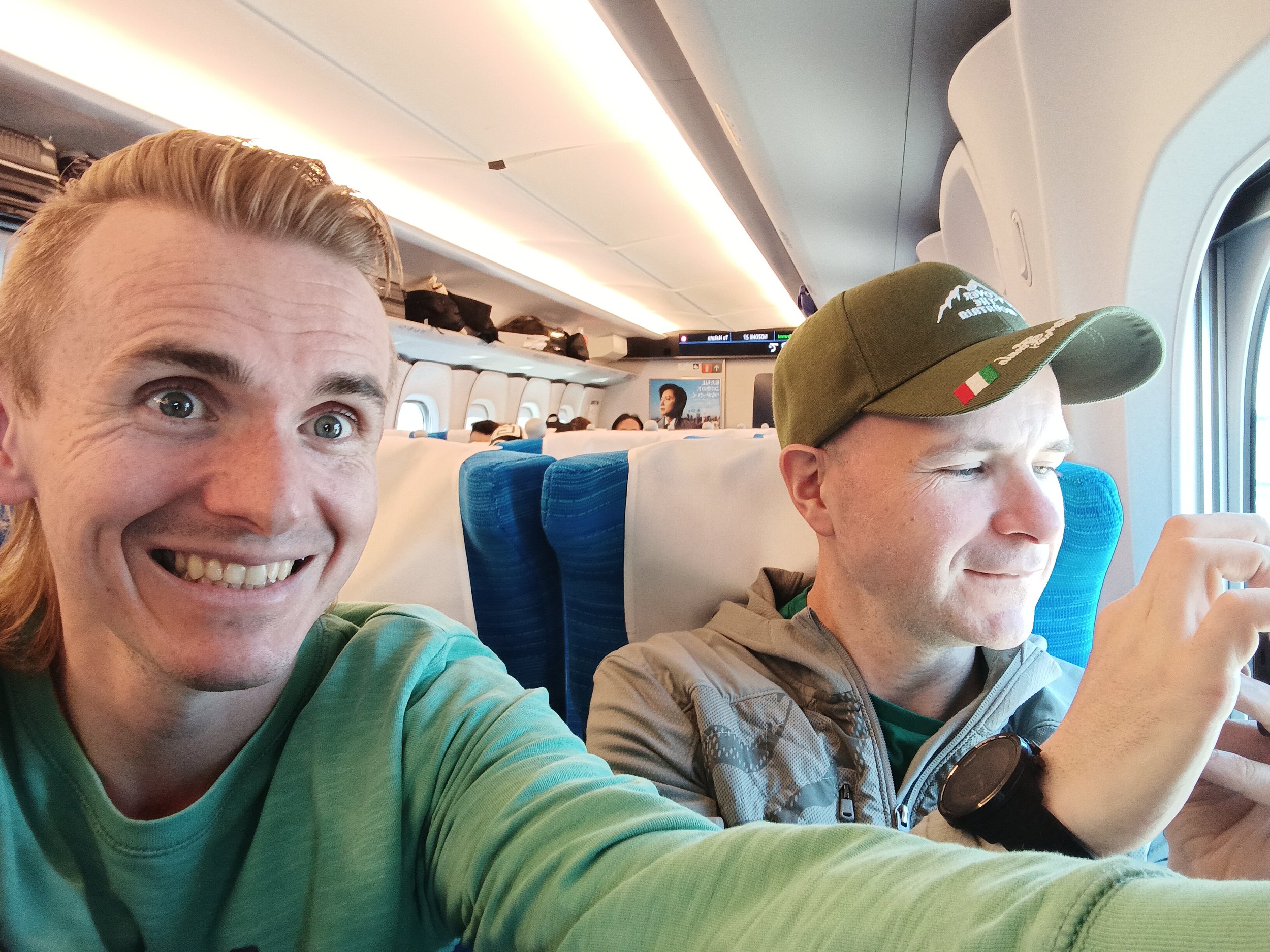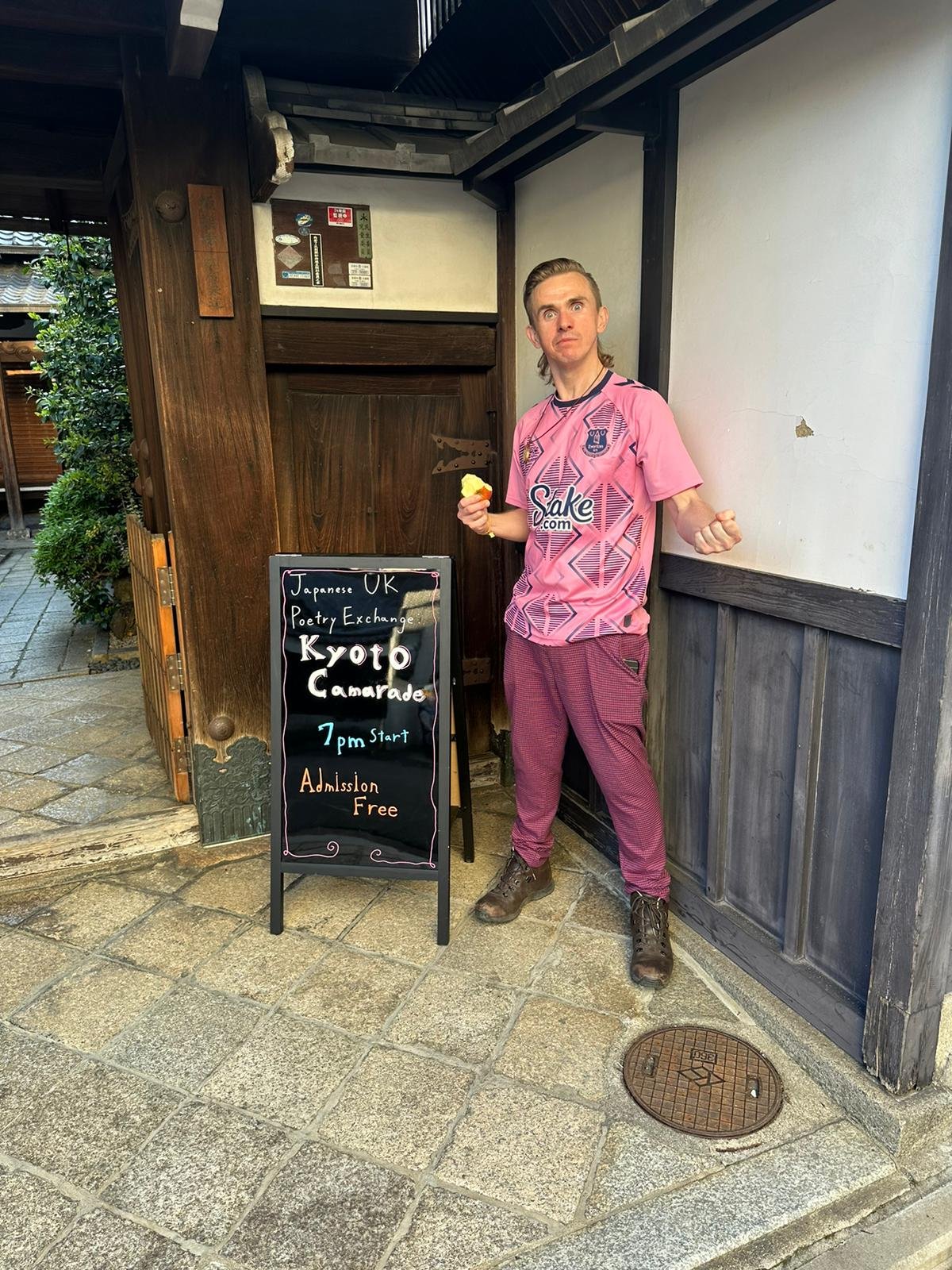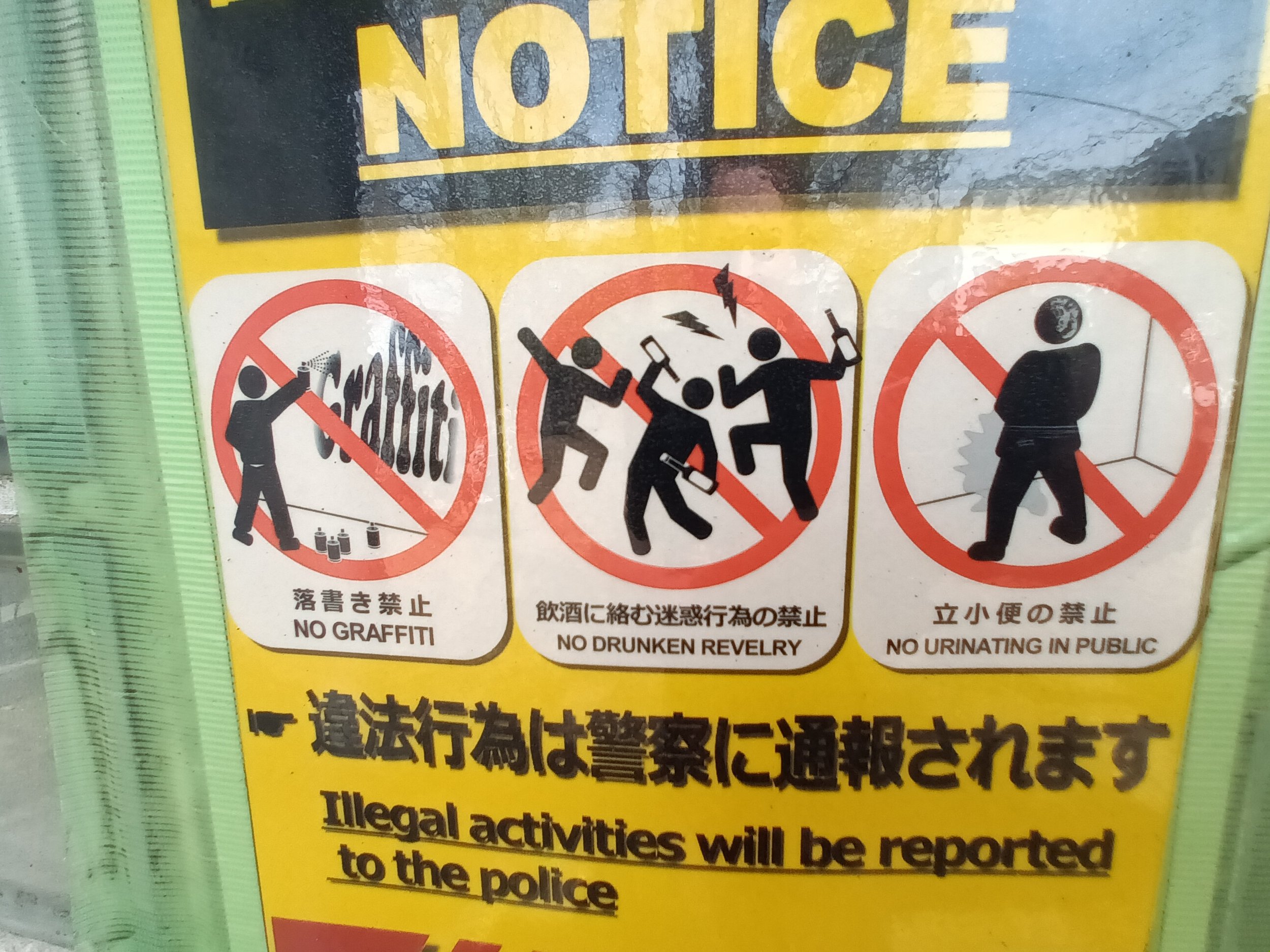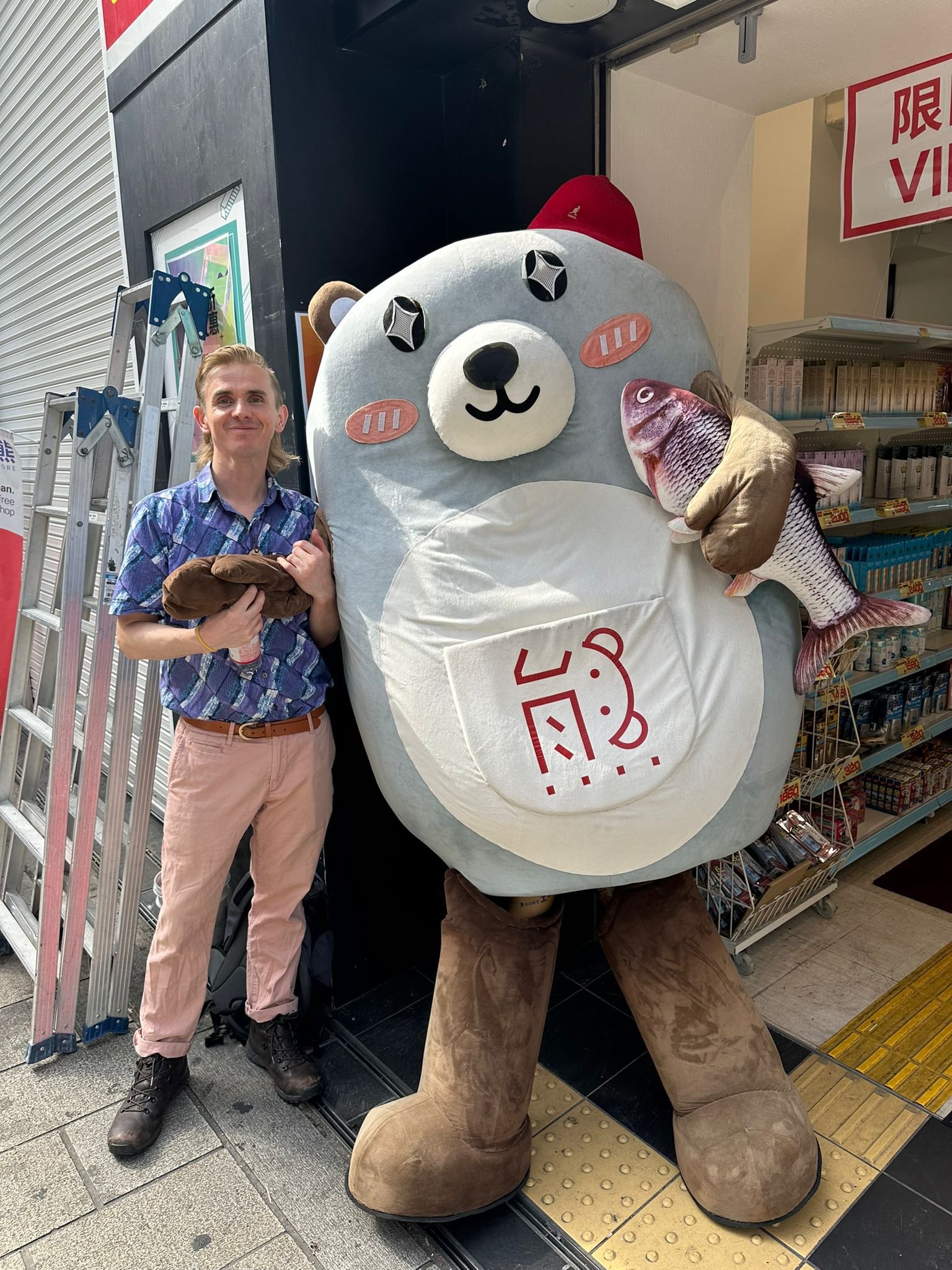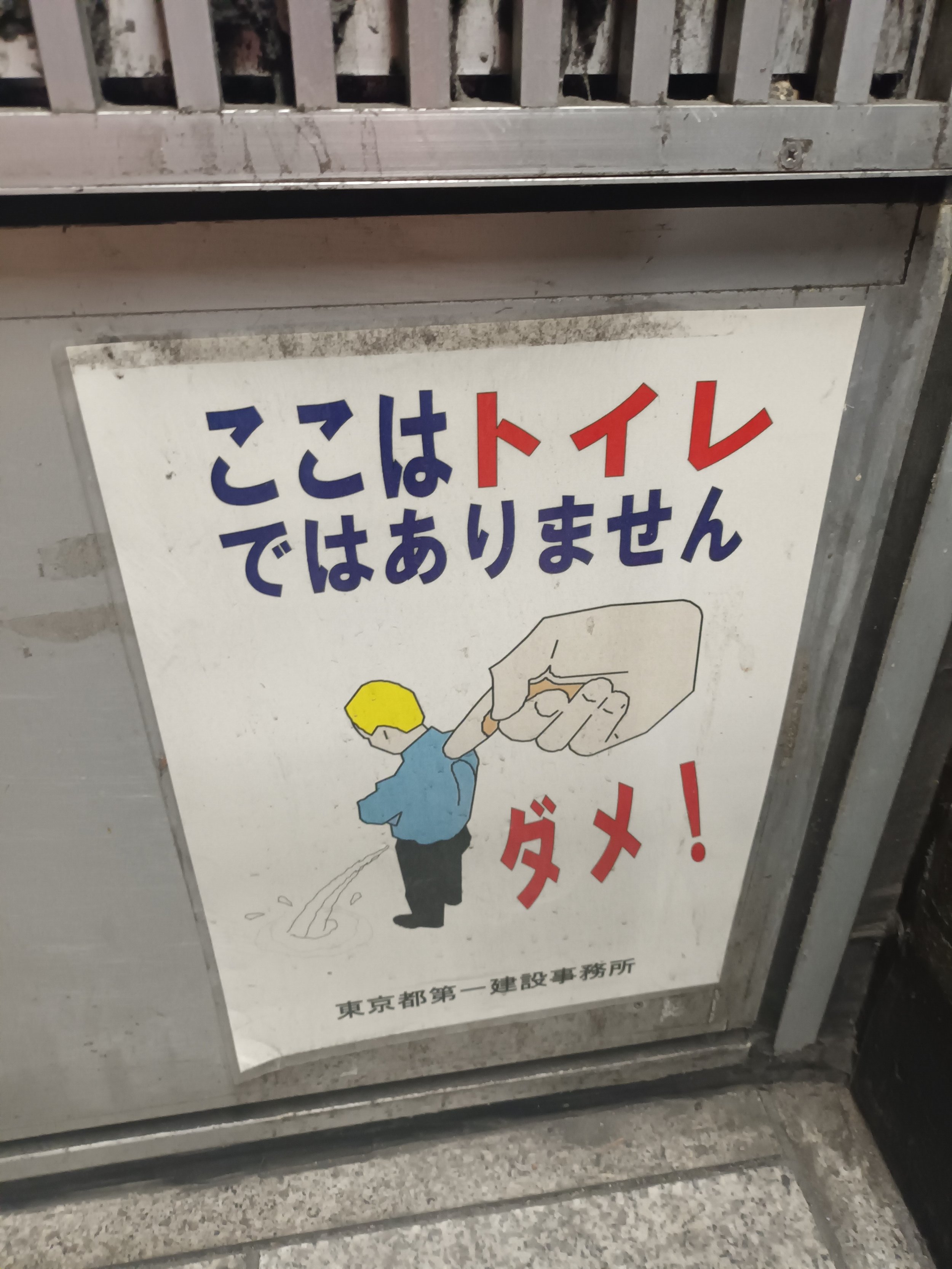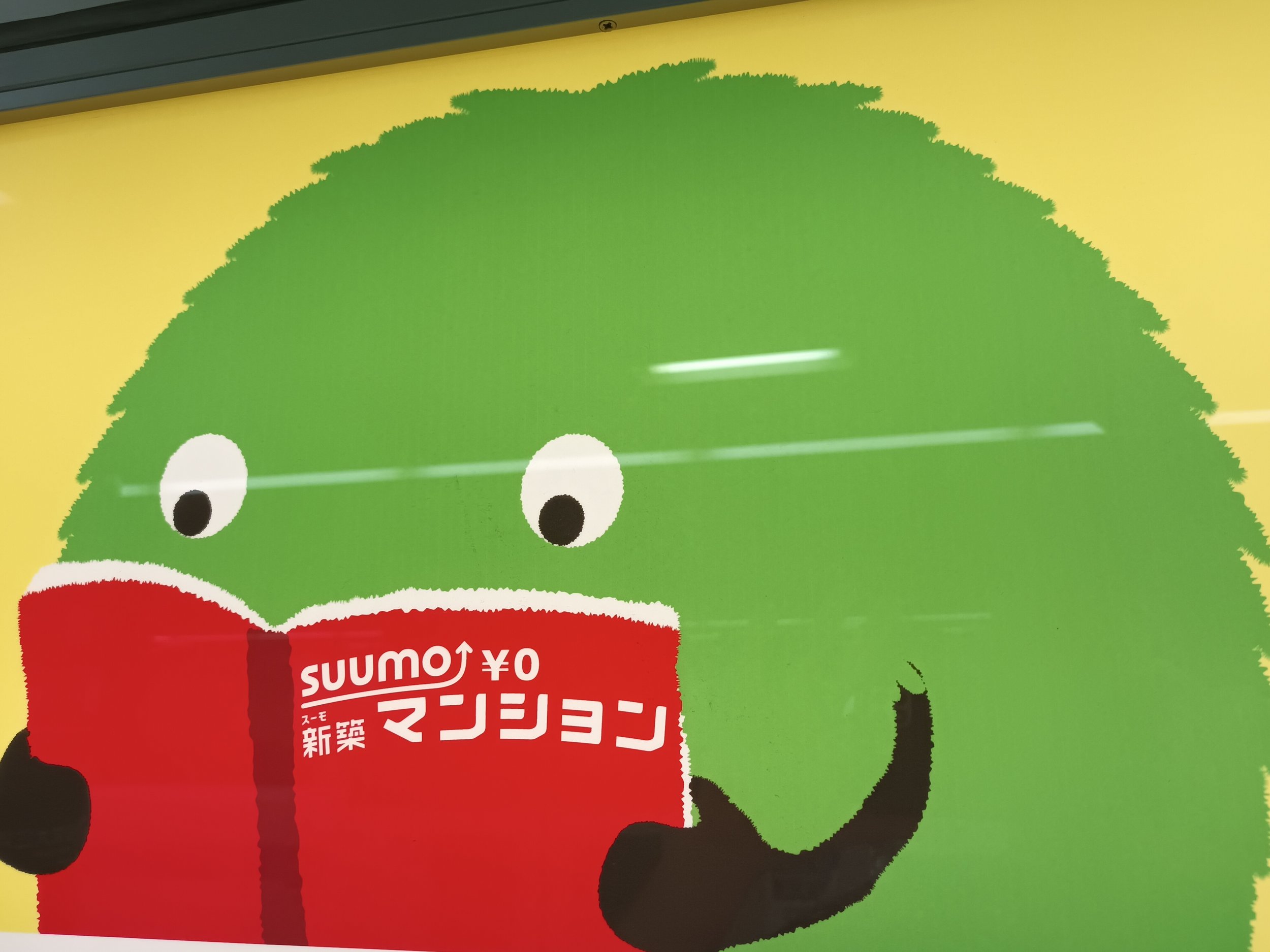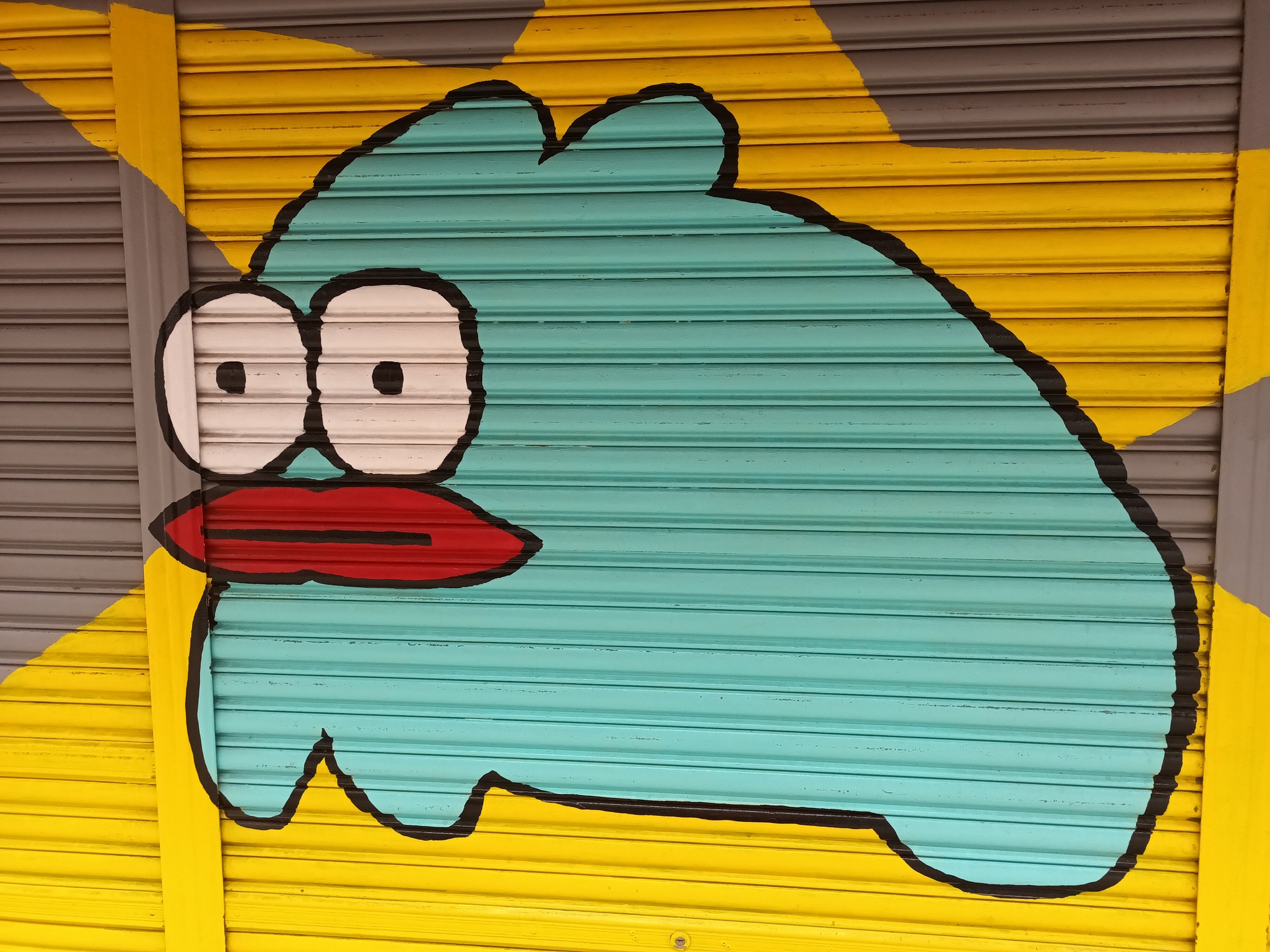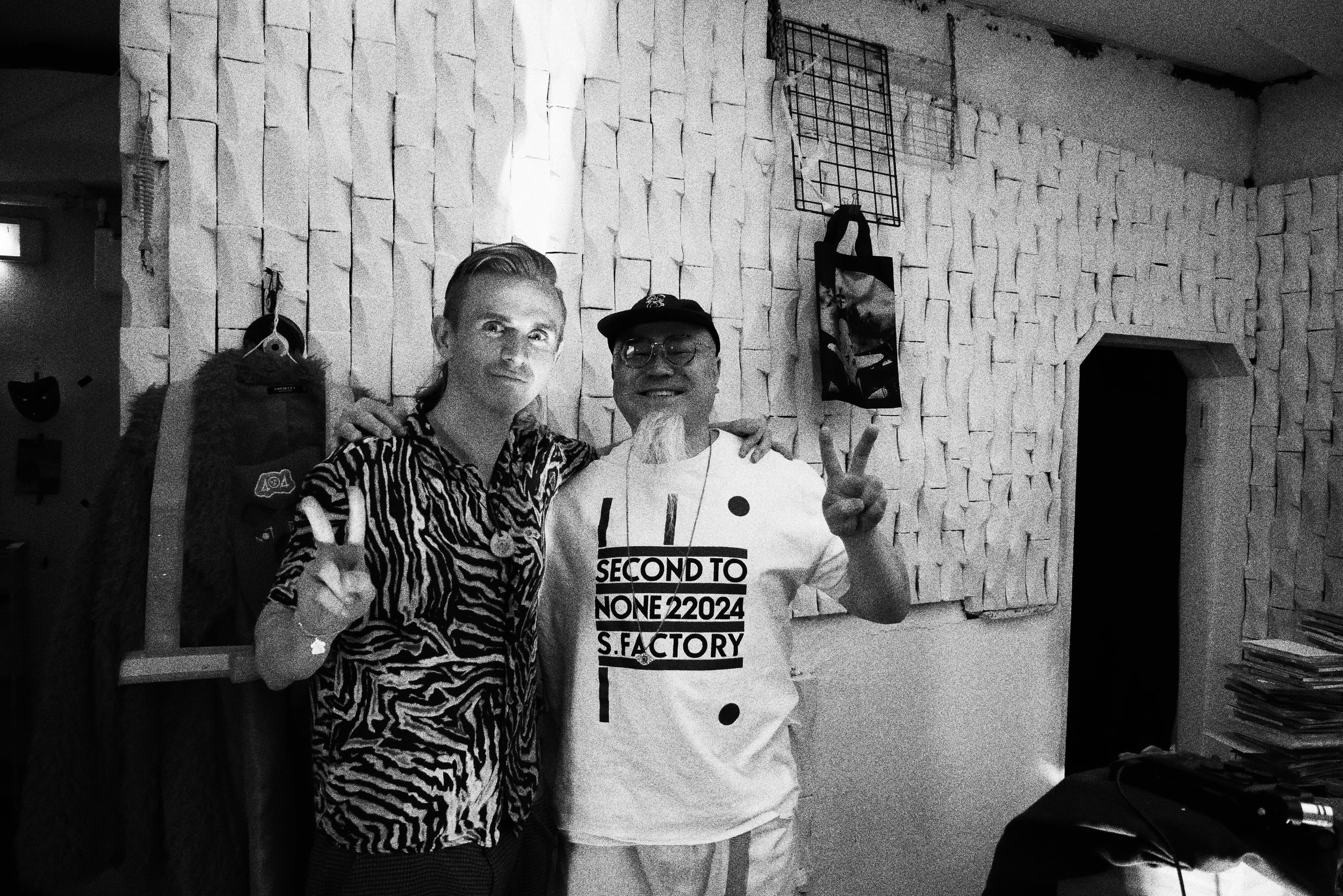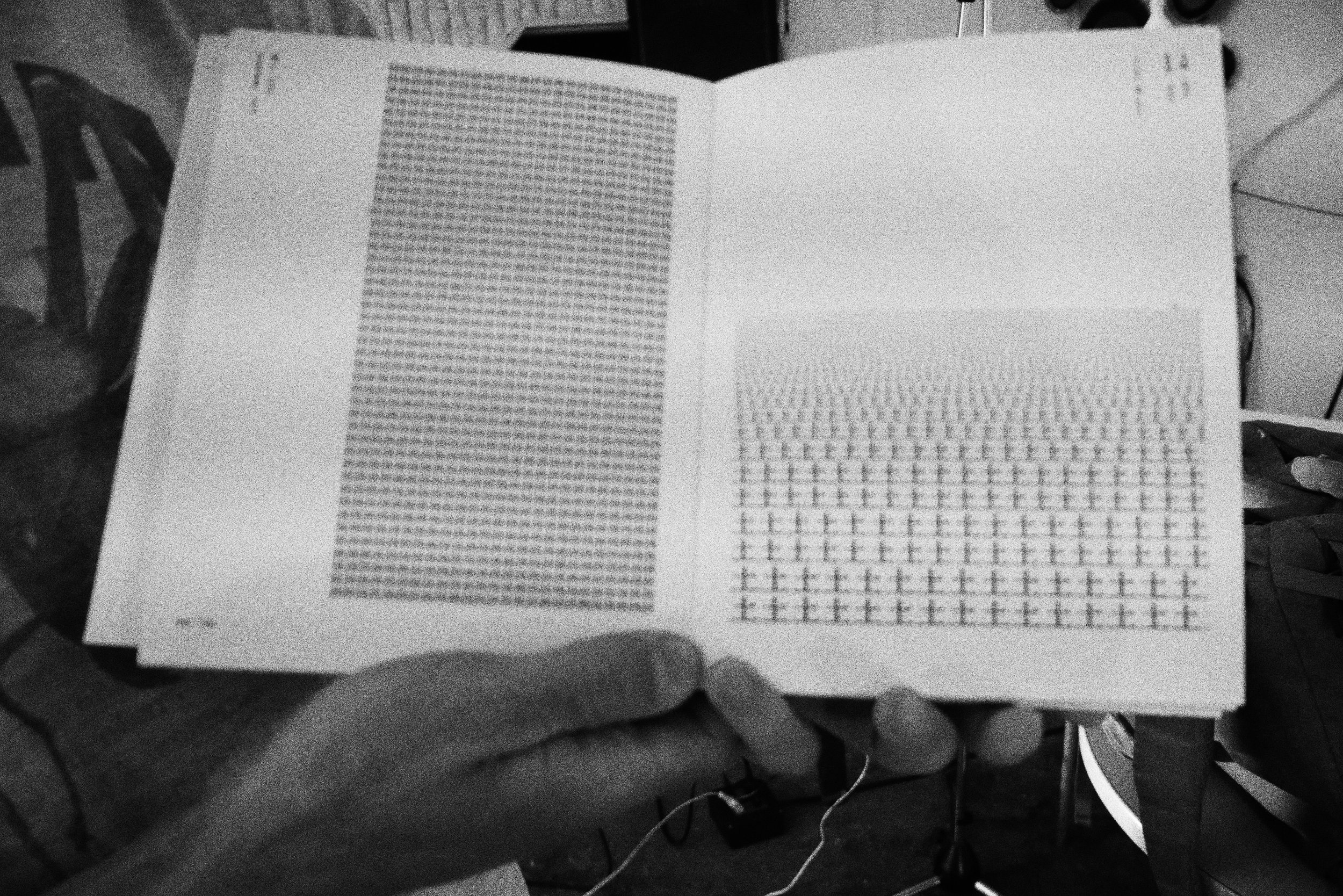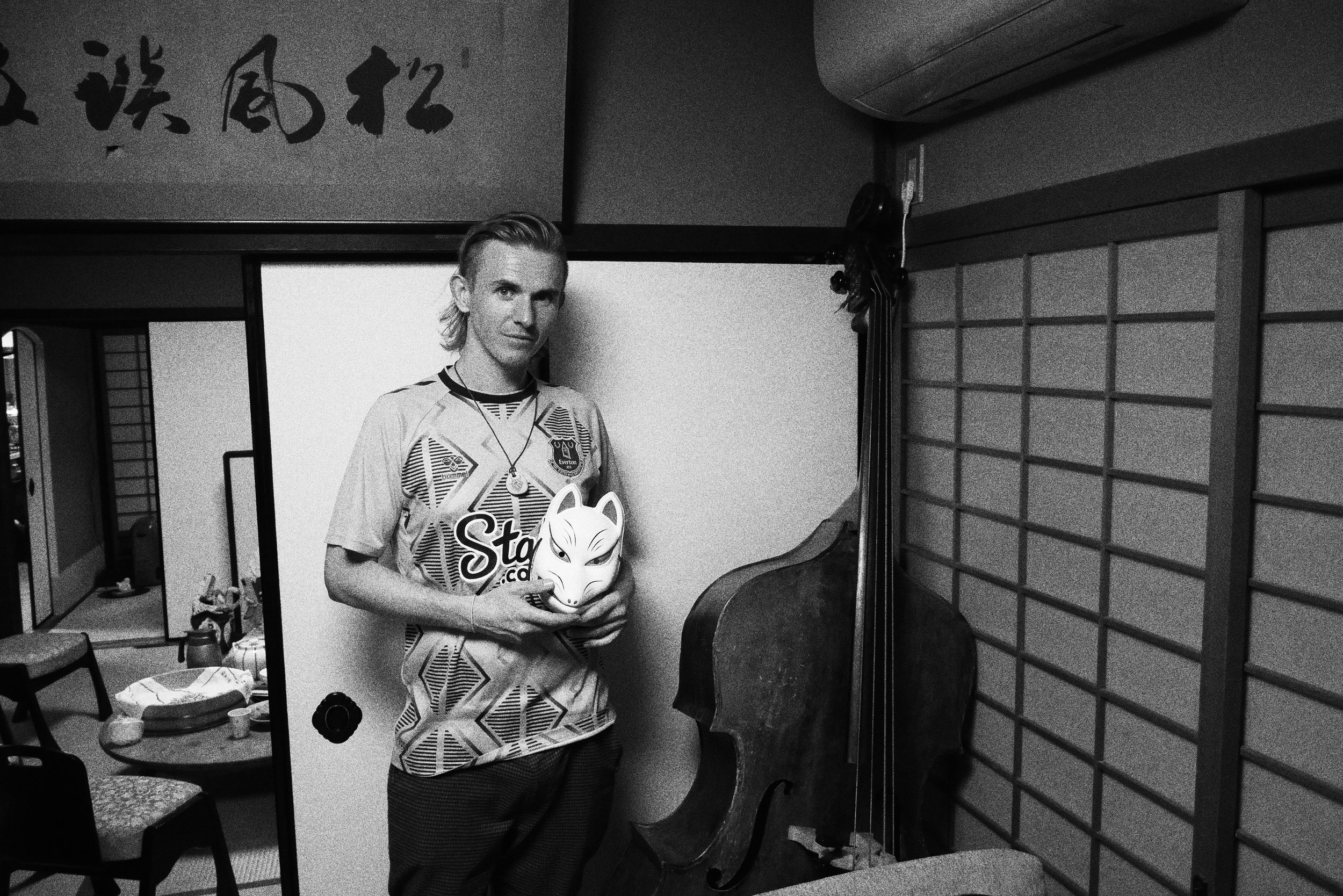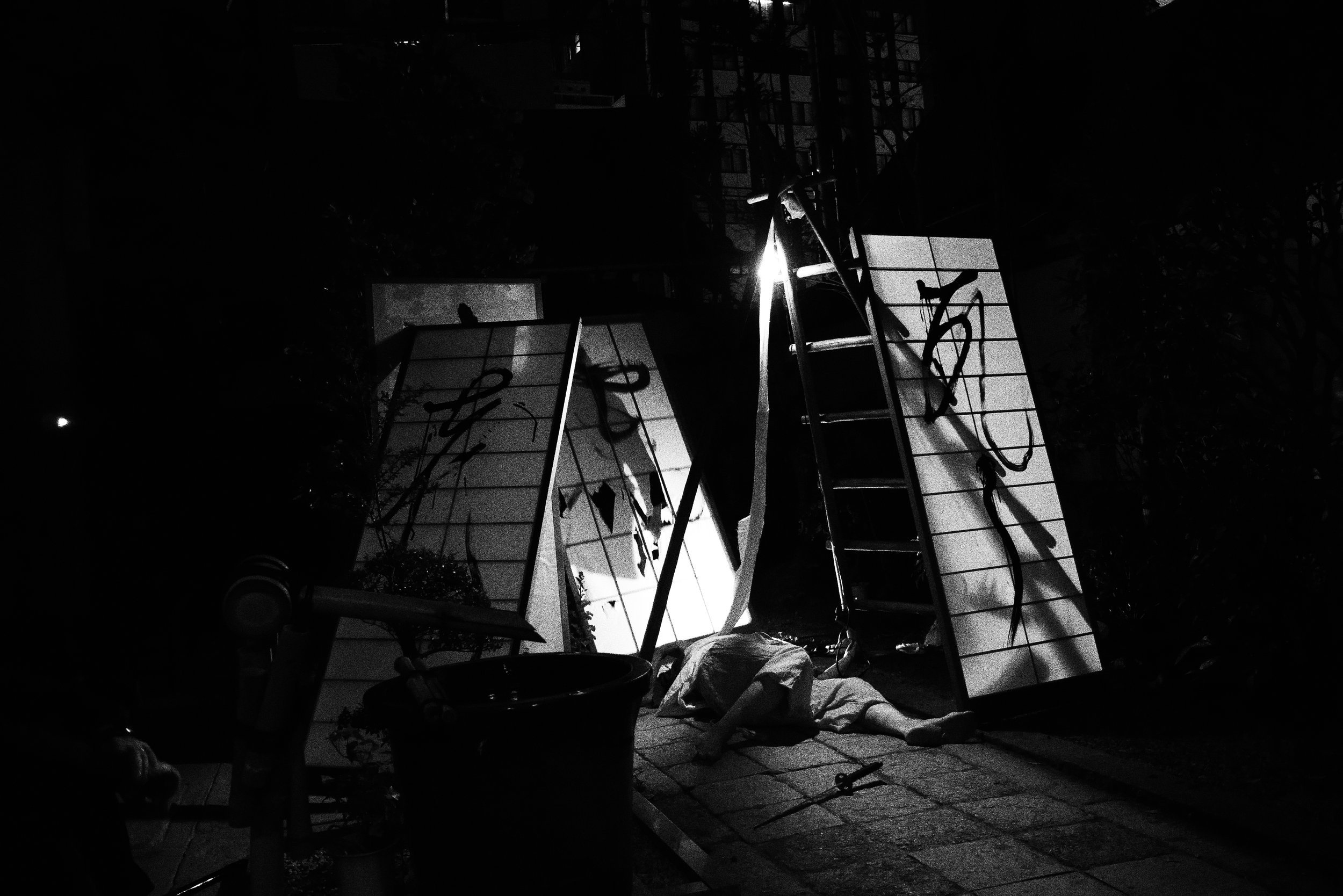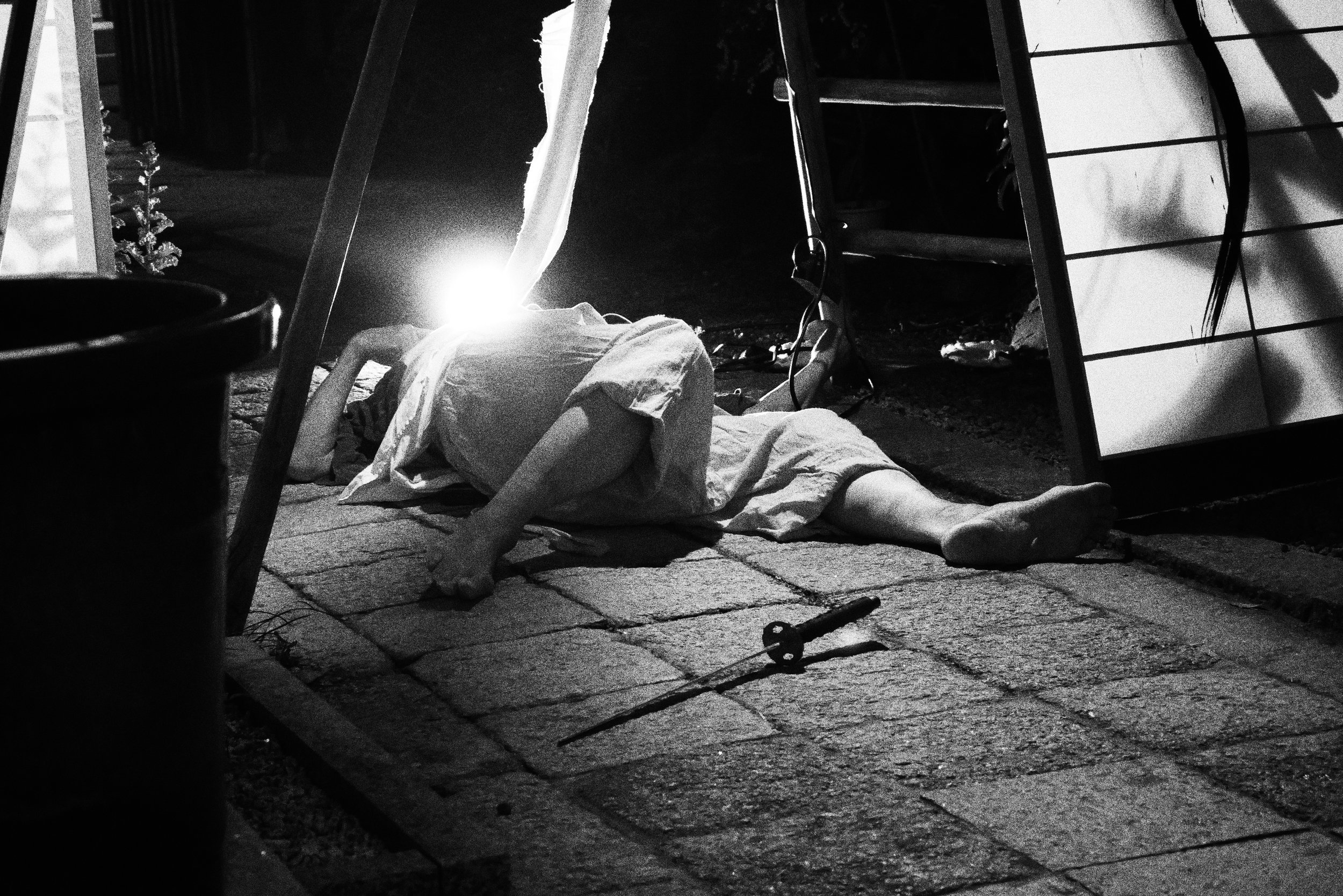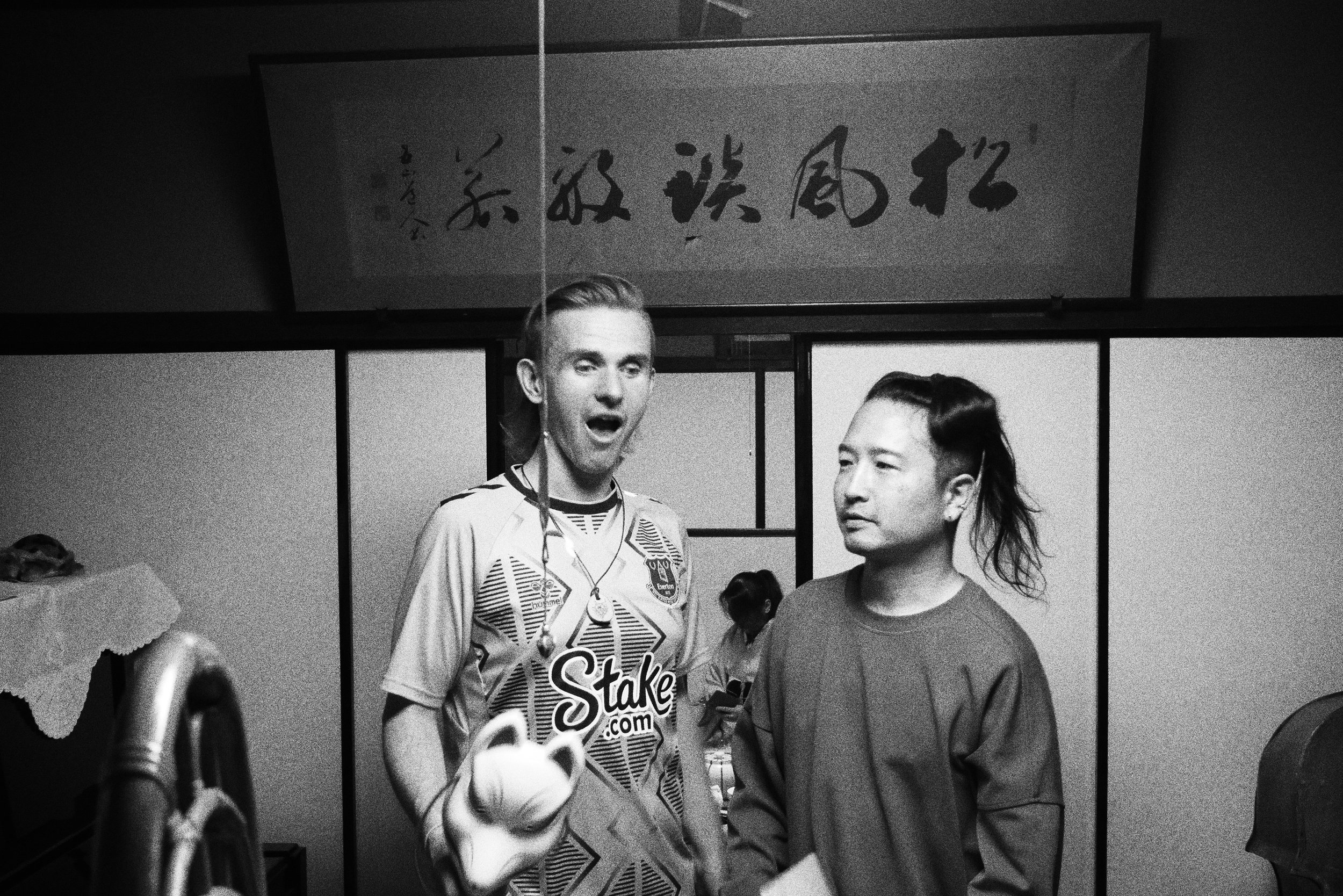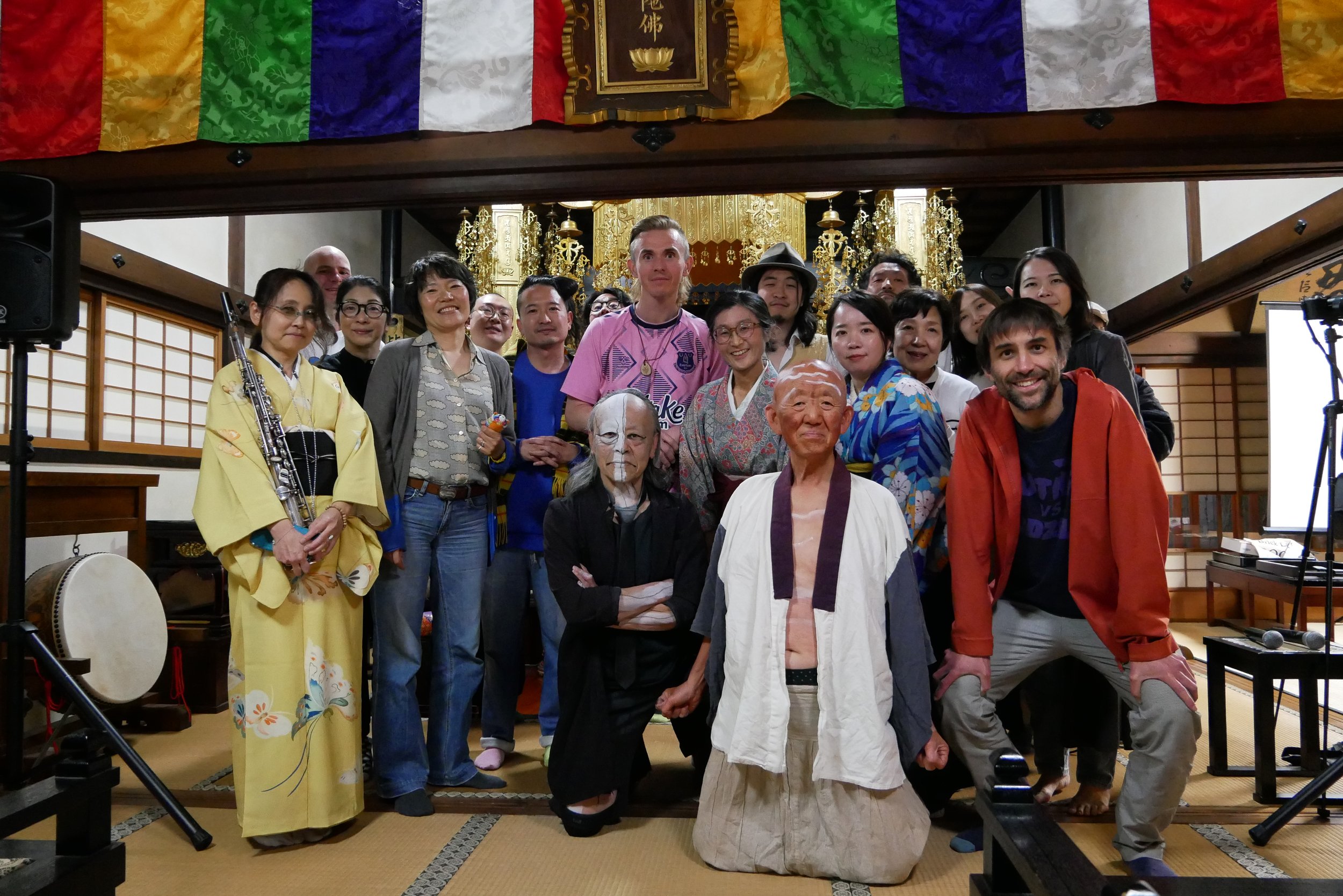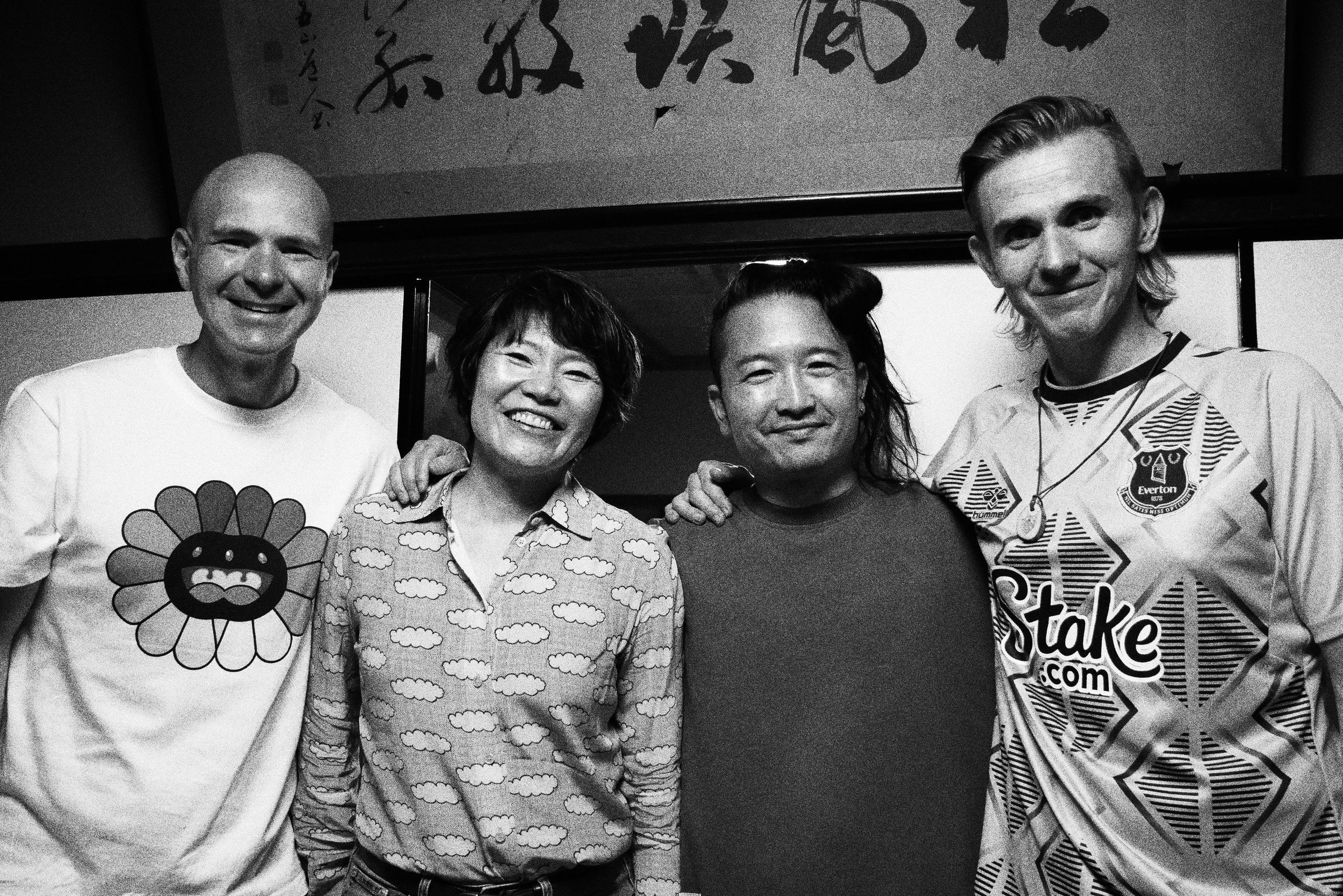“How the Crocodile Tear Waterfalls Flow…
Things are what they are where they are. This has been one of my pre-occupations. The poetry collection is never a suite of singularities, it is poems changed by the poems around them, the physical design of the book, the blurb, the cover, and indeed the endless unknowable subjectivities of the reader - their mood, prior knowledge and more. Nothing exists in a vacuum, and so content should then be cognisant of context, it is responsible to it even! And so so much of my work has tried to walk into this volatility, be it with textual, visual, conceptual or live poetries. Here then is not really a selected uncollected visual poems, but a new book made out an ambitious idea – what can a visual poem be? What is a visual poem?
That many poets concern themselves only with semantics is fair enough I suppose, though confusing for me when language, written, printed, plastered or carved, is innately visual as well as semantic. Inherently so. Leaving design to the publisher is one thing, but collectively being uninterested in how meaning changes as the appearance of language changes is another. Suffice to say, as I have passed a dozen years writing, the various modes and means of visual poetry have taken me in - concrete poems, asemic writing, handwriting poetry, collage poetry, photo poetry, film poetry, poster poetry, art poetry, minimalist poetry, parietal poems, conceptual poems, constraint poems, sculpture poems, illustrative poems and more. The found, and made, the painted and inked.
This book is about range, and moments in my learning process. A funny, weird, pleasant little passport of visual experiments that is trying to show what is possible for the curious. And trying to show those who think visual poetry a novelty are themselves naïve, or under exposed to the history of human written culture. This has been another passion of mine, rooting modern methods of poetry to historical context, and this floats around this book, the originary sources of our written literature, from cave poems to calligraphy.
What the book contains is something like 30 works from 10 sequences, projects and exhibitions. They are all works outside of my eight published volumes of visual poems as of now 2023. They have been chosen from 100s of pieces, and this choice was not made with a sense of what was best, but what was best for this selection, for what would fit the specific contents and confines of this book. So that together, this selection, would present a glimpse into my ten years of researching, collecting, sharing, and teaching, having shared these modes and methods to thousands of people across the UK and Europe. Crocodile Tear Waterfalls is a bringing together of the best of the lost, the glimpse of potential books that will never be and the various experiments across what is a vast and profound field – poetry that cares what it looks like”





























